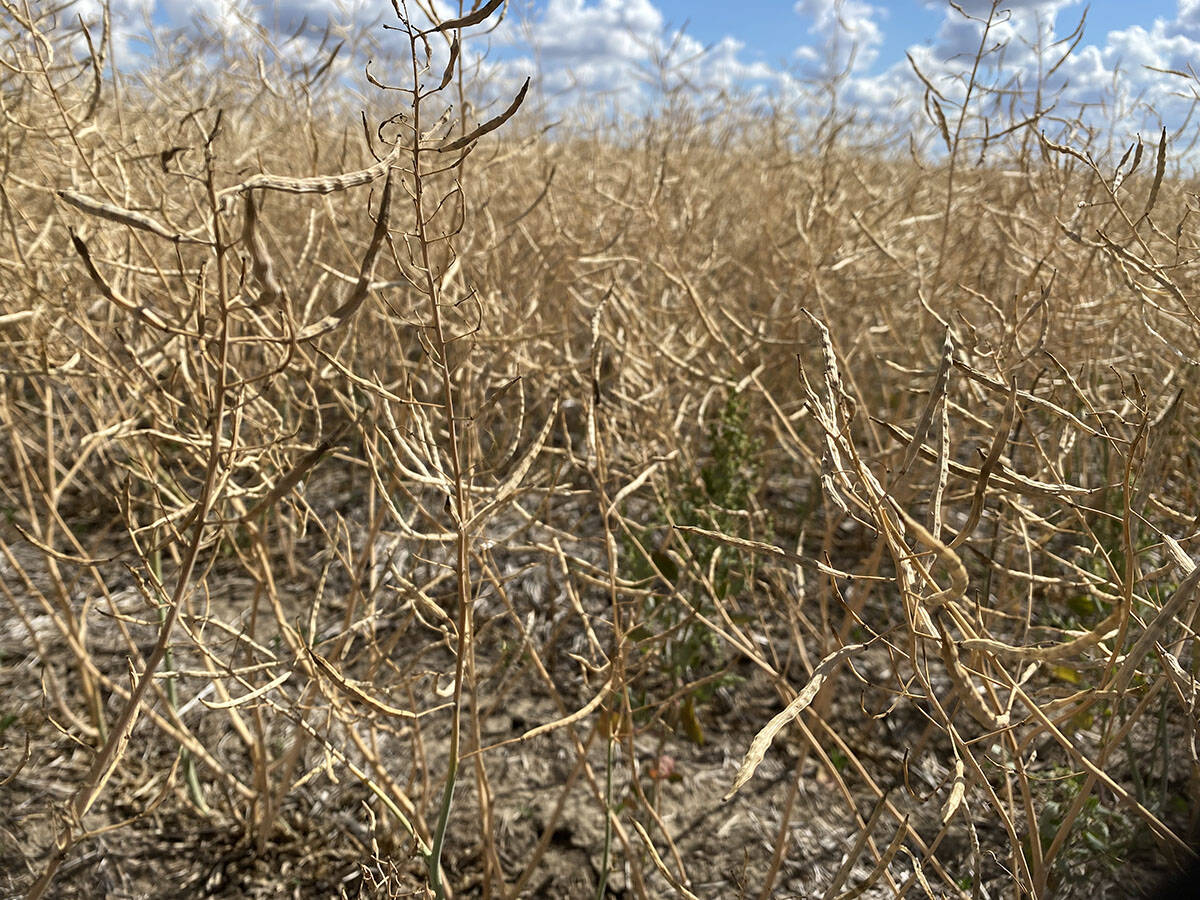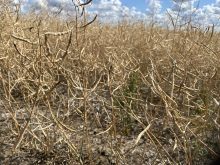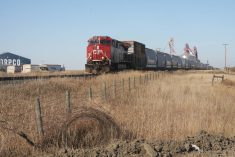As year-end approaches, there is the urge to commemorate the best and the worst of the year gone by.
In that spirit, I launch the Kenneths, awarded to the agriculture-related people and institutions that, to put it kindly, did not live up to potential or expectations.
Let the ceremony begin.
* The first-ever Kenneth goes to the House of Commons agriculture committee, the dozen MPs who gather on Parliament Hill to hear witnesses, assess legislation and policy and to make recommendations to Parliament.
Read Also

Crop insurance’s ability to help producers has its limitations
Farmers enrolled in crop insurance can do just as well financially when they have a horrible crop or no crop at all, compared to when they have a below average crop
Or not.
The committee in the last quarter of 2009 descended from partisan chaos into farce as filibusters, personal attacks and partisan time-wasting tactics prevented votes except on such cutting edge issues as declaring May 29, 2010 the national day of the honey bee.
Meanwhile, an opposition proposal to recommend government payment of SRM removal costs languishes because of a Conservative filibuster and a committee report on agricultural competitiveness issues remains barely debated because of partisan rancor from both sides.
For 2010, party House leaders might want to consider changing the personnel mix.
* The second Kenneth goes to agriculture minister Gerry Ritz for his hog sector rescue plan that is largely based on indebted, money-losing hog producers borrowing more money to increase their debt load in hopes they can stay in business on borrowed money until the market turns around.
The first obligation of farmers who borrow is to pay off government advance payments that were an earlier attempt to keep them around.
The most pernicious part of the program is the way exit money is being distributed. A reverse auction has hog producers competing against each other to see how little they need per hog to finance an exit. Lowest bid wins.
Logic would dictate that farmers with some equity could bid low to escape. Farmers with no equity and most in need of help are the least likely to be able to bid low, leaving them stranded and failing.
* The third Kenneth goes to Liberal leader Michael Ignatieff, who ended 2008 as a new leader proclaiming his intention to win back rural Canada by paying attention and articulating rural-friendly policies.
Then he more or less disappeared on the rural file, making an appearance at the Canadian Federation of Agriculture meeting in March, holding private meetings with farm groups through the year and, late in the year, holding a Parliament Hill news conference on closure of rural post offices (much to the mocking merriment of CBC reporters who had expected him to talk about something important.)
Ignatieff did little publicly to fulfill his rural pledge.
* The fourth and final Kenneth in the inaugural year goes collectively to most farm leaders who decided that the best way to deal with a government that has told farm groups to get on side or get out of the way was to get on side.
In a year of farm stress and often-mediocre government response, the silence has often been deafening.















